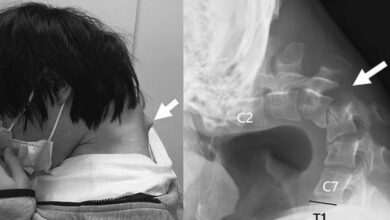The 6 health benefits a 30 minute walk can give you

Walking is a low-impact workout routine that comes with multiple health benefits. From improving physical health to mental health to boosting emotional health, walking is indeed a good idea every day. In an interview with HT lifestyle, Dr. Ravi Prakash, Senior Consultant, Cardiology, PSRI Hospital, said, “Walking is by far an excellent way to maintain your overall health.
What more, you don’t need any expensive equipment or instruction to take that first step. You would be surprised to know that just 30 minutes of exercise every day can improve cardiovascular fitness, bone strength, reduce extra body fat, and increase muscular power and endurance. It can also lower your chances of acquiring problems including heart disease, type 2 diabetes, osteoporosis, and some malignancies.”
The many benefits of walking for 30 minutes every day:
Healthy weight management: Regular brisk walking might help you maintain a healthy weight and reduce body fat.
Boosts heart health: It helps in prevention or management of heart disease, stroke, high blood pressure, cancer, and type 2 diabetes. Regular walking also helps in improving cardiovascular fitness.
Enhances bone strength: When we walk every day for at least 30 minutes, it helps in strengthening the bones and the muscles. It also helps in improving muscle endurance.
Boosts energy levels: Walking helps in enhancing the energy levels of the body.
Improve mood: Walking regularly helps in improving mood and sleep patterns. It also helps in improving cognitive health.
Strengthens immune system: Walking helps in improving overall immunity of the body, and boosting balance and muscle coordination.
“The advantages increase when you walk faster, farther, and more frequently. You can also alternate between quick walking and relaxed walking. This sort of interval training has several advantages, including improved cardiovascular fitness and increased calorie burn over conventional walking. Interval training may be completed in less time than ordinary walking,” added Dr. Ravi Prakash.
Disclaimer: This article is for informational purposes only and not a substitute for professional medical advice. Always seek the advice of your doctor with any questions about a medical condition.










